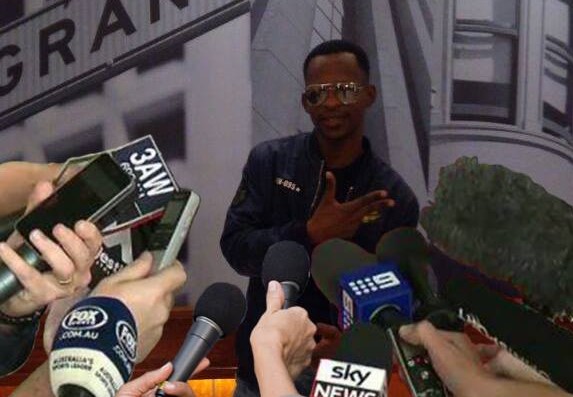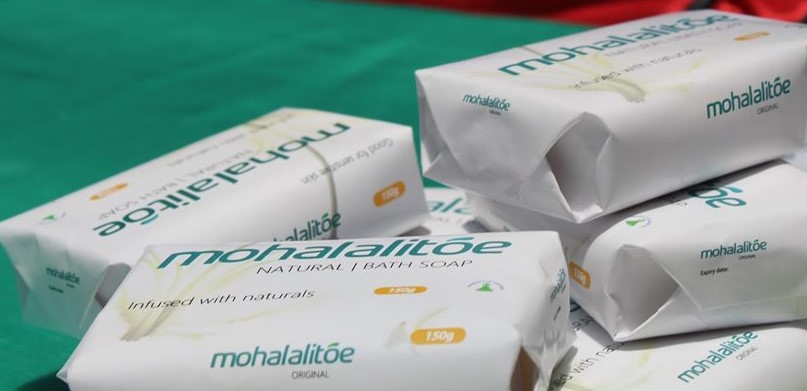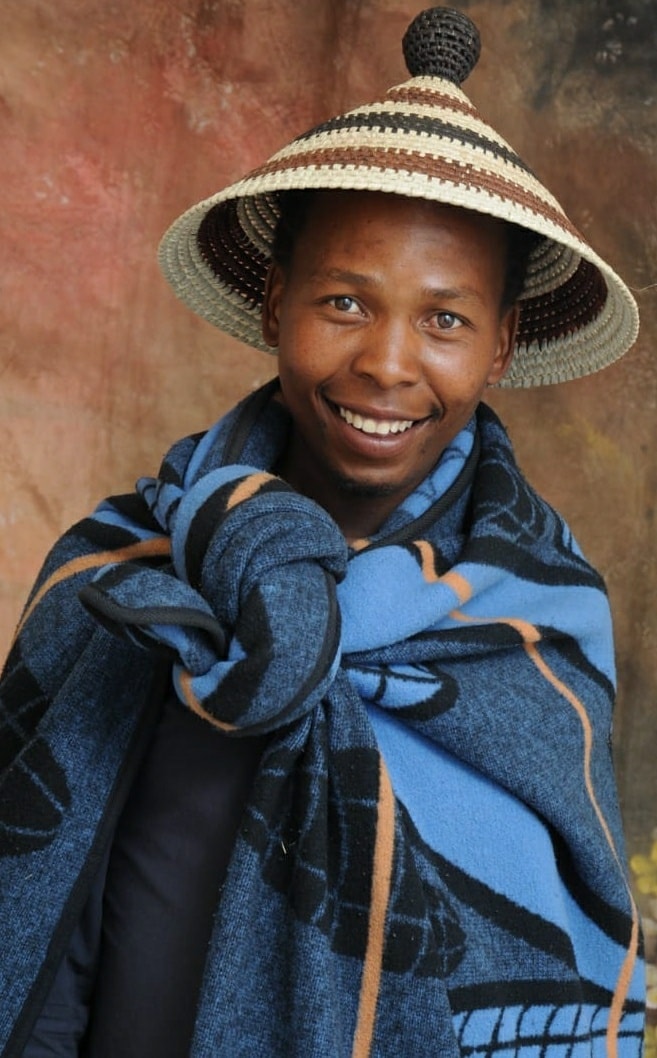The Lesotho Academy of Science and Technology (LAST) has been touted as “a step towards the right direction within the scientific community and academia”.
LAST is amongst others envisaged to promote the scientific-based research and discoveries and contribute to the body of scientific knowledge. The Informative Newspaper Reporter (http://informativenews.co.ls), Thoboloko Ntšonyane, had an exclusive interview about the Academy and what it sets out to achieve with the country’s top scientist Professor Molibeli Taele who is also one of the founding members of the Academy. Prof Taele professes in Applied Physics (semiconductor devices and photovoltaic systems) at the National University of Lesotho (NUL).
His research interests are in semiconductor materials, solar photovoltaics and sustainable energy development. He has published 2 book chapters and more than 30 scientific journal articles on semiconductor materials, sustainable energy development and rural electrification. He has made over 30 contributed and invited presentations at scientific international conferences. He has received many national honours, amongst them the Lesotho Lions Clubs International Prize for best performance in Undergraduate Physics (1991), and National Science Prize for his active role in promotion of Science and Technology, and championing the efforts to have The World Academy of Sciences (TWAS) Award for Young Scientists in Lesotho (2006).
In 2008, professor Taele was invited as a speaker to join the Science and Technology in Society (STS) forum in Kyoto, coordinated by the Japan Society for the Promotion of Science. He was one of the only ten selected outstanding young scientists from around the world and one of the two selected to represent Africa at the event.
Below is an excerpt of the interview.
What is an academy?
The Science Academy is an institution that consists of eminent scientists, from various scientific disciplines, with the sole purpose of providing scientific advice to both the government and the public, with the ultimate objective of assisting in evidence-based policy formulation.
Who qualifies to be a member?
Any eminent Basotho scientists do qualify to be members of the Academy, who are called the Fellows in the context of the LAST. Again, in this context eminent scientists are those scientists who have made significant contributions in their fields of research as attested by their published research work, mentorship and outreach activities. The founding Fellows of the LAST are Professors Molibeli Taele, Tebello Nyokong, Simeon Taole, Ncholu Manyala, Mangaka Matoetoe, and Mamello Thinyane; and the door is open for any Basotho scientists who meet the requirements as I have briefly stated.
Please tell us how the academy started.
Let me confess that pin-pointing the origins of the Academy (the LAST) is not easy because similar academies have been in existence in many parts of the world. As such, informal brainstorming regarding establishment of this kind of institution in Lesotho is not even something I am able to attach a date on.
However, the significant milestones towards the founding of the Academy happened in 2017 and 2018. In 2017, the Southern African Development Community (SADC) science ministers convened and resolved to form Science Academies in all SADC member states where such Academies did not exist. A year later, in 2018, the UN Technology Bank for Least Developed Countries (of which Mr Joshua Setipa is the Managing Director) organized a meeting with African countries, and offered support to establish Science Academies and support the existing Academies in Africa.
These milestones led to the preparations for the launch of the Science Academy in Lesotho (the LAST), with the support of both the UN Technology Bank and the Network of African Science Academies (NASAC). The preparations for the launch of the LAST were co-ordinated by the ad-hoc Committee, which consisted of Prof. Molibeli Taele, Dr. Makhamisa Senekane, Dr. Tebello Mahamo, Mr Joshua Takalimane, Mr Tšepo Ntho, Mr ‘Mako Matšela, Mrs Mukai Turugare, Mt Tlotliso Ramanyaka and Mrs ‘Manthabiseng Mahloko.
How does the academy work and how does it contribute to the scientific body of knowledge?
The Academy is intended to fulfil two distinct, although not entirely unrelated, functions. It will serve as an honorific society, election to which is widely regarded as among the highest honours that can be conferred on a scientist. The Academy will also serve as an important and influential advisor to government and society on issues involving science and technology. This advice can then be used to formulate evidence-based policies, or form a basis for response to emergencies (like COVID-19).
In short, the Academy will maintain a sharp focus on researched scientific data that Fellows deem critical to Lesotho context – analysing such data and unpacking it into information that is comprehensible to policy makers and public.
What other activities are carried out by the Academy as far as ground breaking research, discoveries and innovation are concerned?
The Academy has just been launched, so it has not operationalized most of its plans. However, its members – the Founding Fellows, are involved in some of the ground-breaking research projects across the globe.
Since the launch of the academy, how much progress and ground has been covered in preparation to its operation?
So far, the attention is on getting the plans in place, signing memoranda of understanding with the relevant stakeholders, as well as publicity and promotion of the Academy.
How is the academy going to contribute to solving problems and challenges bedevilling the country?
As already highlighted, the Academy is intended to be a key advisor to the government and the public on matters pertaining to science, and how scientific knowledge could be leveraged to address some of the pressing challenges the country faces.
What role will LAST play in promoting scientific research and innovations?
The LAST will play a key role in advancing scientific research and innovation. One of the tools that the Academy will use to achieve this goal is to have a scientific Journal where researchers could publish and share their research with the community. Another tool will be the rewarding of outstanding research through various awards.
What are some of the challenges in communicating scientific knowledge for public consumption?
Some of the challenges of effectively communicating scientific knowledge include dearth of science journalists who could engage scientists, and the failure of scientists to communicate science in the language that the public can relate with. Scientists either tend to be too technical in their communication (to the extent that non-scientists do not make head or tail of what they are trying to communicate), or oversimplify concepts in such a manner that the original meaning could be lost.
Apart from funding, which are other crucial needs which will enable effectiveness of the academy and its members in discharging their duties?
The Academy will need support and commitment from the government. Furthermore, the Academy will need the support of the public in all its endeavours.
How would you like the members of the public to relate to the academy?
The Academy intends to launch different outreach programs. Furthermore, the Academy intends on engaging the public on various fora, including the traditional media such as radios, and the internet-based media. It’s worth noting that the Academy’s engagement with the public is of utmost significance. Ultimately the Academy aims for a very cordial relationship with the public, a relationship that is built on trust and that is mutually beneficial. After all public are the most important stakeholders in this whole matter.


